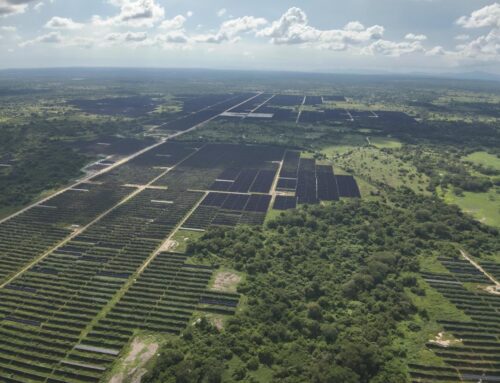Earth is more sensitive to greenhouse gases than we thought
June 24, 2025

Earth’s climate may be more sensitive to pollution from greenhouse gas emissions than we had hoped, which could mean limiting the rise in global temperature to less than 2°C will be more difficult.
This is “bad news” for global efforts to tackle climate change, says Gunnar Myhre at the CICERO Center for International Climate Research in Norway.
Researchers have known for decades that pumping greenhouse gases into Earth’s atmosphere will warm the climate, with far-reaching consequences. But what scientists do not know for sure is how much warming we can expect as a consequence of this pollution. In other words, how sensitive is Earth’s climate to these emissions?
The main uncertainty stems from the question of how clouds will respond to a warming atmosphere, as shifts in cloud systems can amplify the warming effect in a vicious feedback loop.
Most estimates of how much warming we can expect by the end of the century are based on running climate models with a range of sensitivity assumptions. Models used by the Intergovernmental Panel on Climate Change suggest that a doubling of atmospheric CO₂ concentrations relative to pre-industrial levels would produce between 2°C and 5°C of warming, with the organisation settling on a central estimate of 3°C.
Alongside his colleagues, Myhre set out to compare predictions from these climate models against satellite readings of Earth’s energy imbalance. This is a measure of how much surplus heat is in our climate system, and it gives an indication of the sensitivity level of the global climate.
The team found that climate models with low sensitivity – those that suggest Earth’s climate is more resistant to greenhouse gases in the atmosphere – don’t match satellite records gathered since the turn of the millennium. Models with a higher level of sensitivity, suggesting Earth’s climate is less resistant to these gases, more closely match observations, says Myhre. “The optimistic models that would give us a small amount of warming are more unlikely,” he says.
The findings call into question the accuracy of climate models that predict less than 2.9°C of warming for a doubling of atmospheric CO₂. Instead, they suggest warming above this level is more likely for the same amount of pollution.
This also tallies with recent record-breaking temperatures recorded over land and sea since 2023, which “point towards a stronger climate feedback” in the atmosphere, says Myhre.
A more sensitive climate means emissions must fall faster to maintain the same temperature trajectory. In short, the world has to decarbonise further and faster to fulfil its climate commitments.
Johannes Quaas at the University of Leipzig in Germany says the research presents a “very plausible argument” that Earth is more sensitive to warming than some models suggest, adding that it has “narrowed the range” of model estimates that scientists should work from. “It underlines the need for political action against climate change.”
Richard Allen at the University of Reading in the UK points out that the satellite record only began in 2001, so “natural climate fluctuations” could also form part of the story. Nevertheless, he says the study is “rigorous” and “adds more evidence that simulations which predict less warming in the long term are less realistic”.
Science DOI: 10.1126/science.adt0647
Search
RECENT PRESS RELEASES
Related Post




